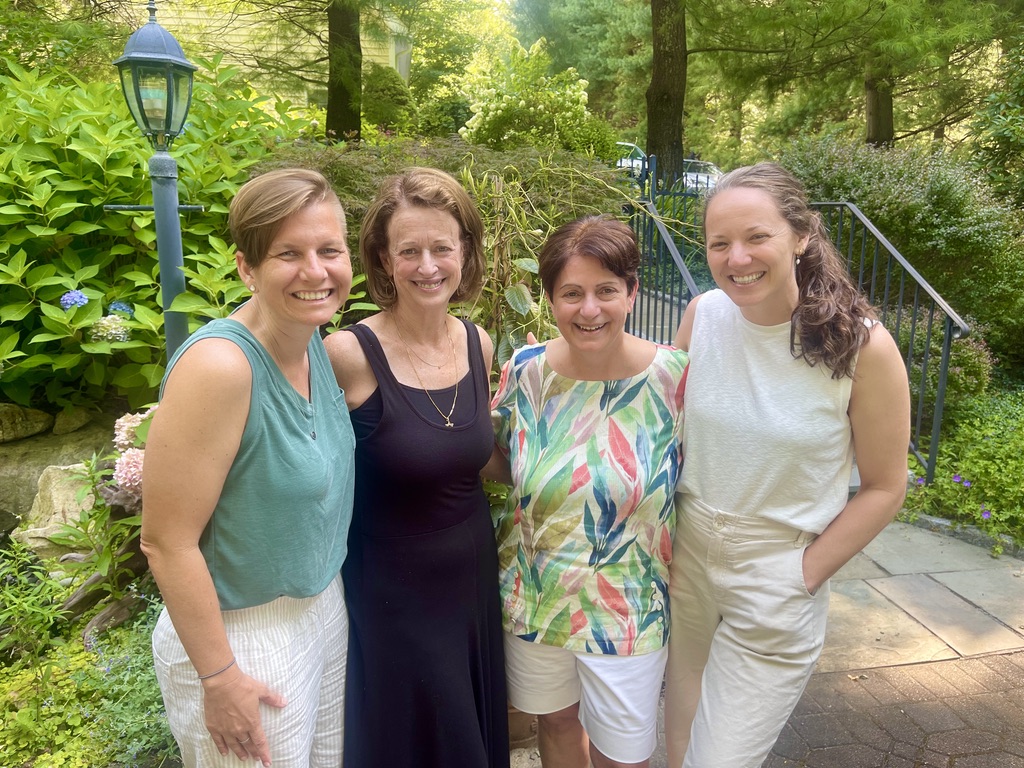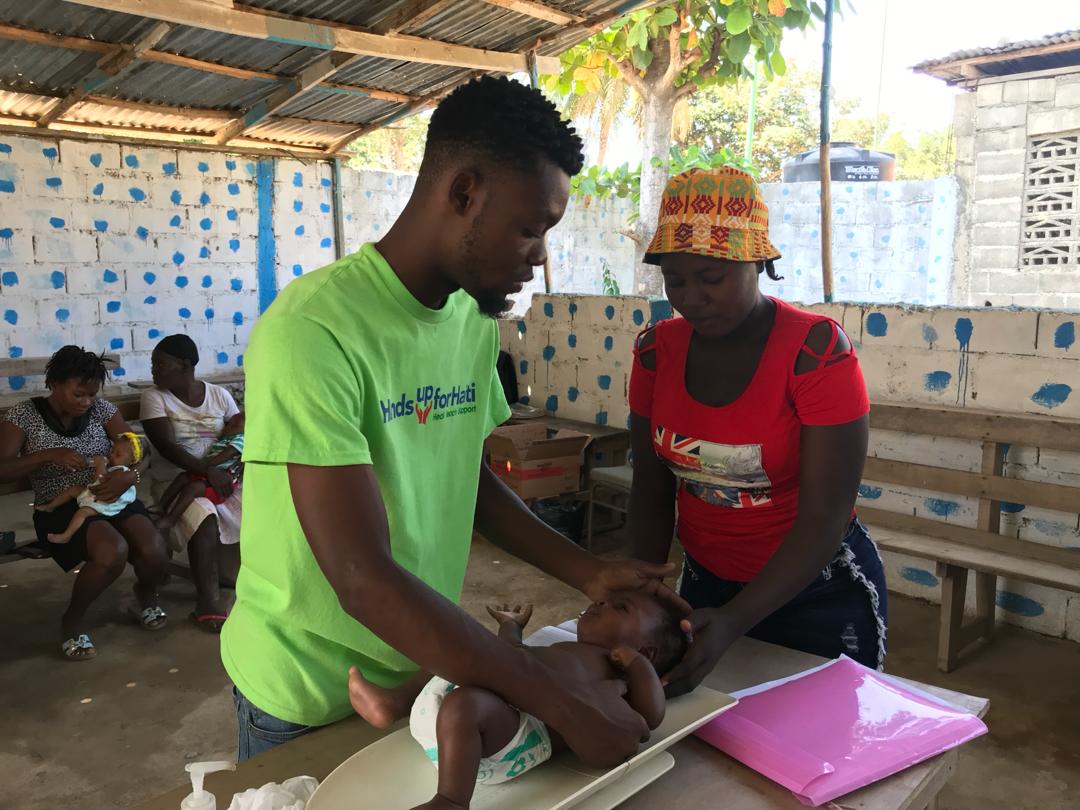By Dr. Jill Ratner
It was our last day of clinic at Open Door in Bois de Lance, a rural farming community where Hands up for Haiti has supported a medical clinic for the past three years. I was called into the examining room where one of our pediatric nurse practioners, Lauren Blum, was seeing patients. She was seeing a grandmother with a very underweight one month old. The baby’s mother had died and the funeral had been the day before. The mother had been hospitalized two weeks after giving birth with an infection. The infant had not been nursed in two weeks. The family was doing the best they could- giving the baby juice and tea.
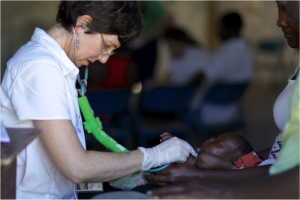
Not to have a mother to nurse an infant in Haiti is an ominous thing- formula is sometimes available in the city, but it is very expensive for the typical Haitian family. Lauren and I looked at each other. We contemplated having the grandmother make a substitute formula using boiled water, sugar and salts. And then another thought occurred to us- perhaps there was another mother in the village willing to nurse the baby along with her own child.
We queried the grandmother, whose face lit up as she told us that the mother’s cousin was sitting outside with her six month old. The cousin came in and was so excited to nurse this small, undernourished child of her cousin. No one in the family thought that the milk she was making would also be good for a baby this young. We gave them lots of support that day for her to be the wet nurse for this poor infant. We spent time reviewing that breastmilk was the best possible food for the baby and that no solid foods, tea or juice should be given. We made sure to give the cousin prenatal vitamins and we gave her advice about her own diet. I wrote down the baby’s weight and height that day, and handed it to the grandmother. We arranged for her to be followed by the nurse and doctor seeing children in our malnutrition program that normally begins at six months of age. The baby was to be seen the following week.
We left feeling good that maybe that child had a chance of getting appropriate nutrition, and that maybe our intervention would make a difference.
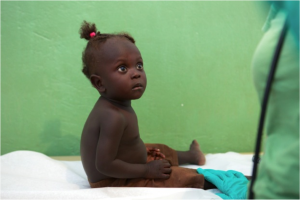
I returned to the clinic nine months later. On my last day at the clinic, an old woman came in with an alert child, whowas small and somewhat thin, but healthy. I didn’t really recognize them at first. The day was busy and I saw many children that day. In the woman’s hand was the note with the weight and height that I have given her nine months earlier. I looked at the woman. She looked at me. We both had a moment of recognition. It was the same grandmother. The baby had survived andwas doing well. We hugged and both became tearful. I knew her story and she was touched that I remembered. I grabbed Lauren who was on this trip as well. Wayne our team member and photographer also remembered her and the story. We were bonded by our shared experience on that sad day months before; the day this woman buried her own daughter and brought her grandchild to the clinic. We knew her pain and we acknowledged her triumph of keeping this child alive.
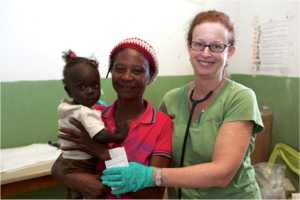
It can feel overwhelming at times to work in Haiti. We see so many people who need medical help and sometimes it is too late to help save a life. In this case, it was the simple knowledge we provided that breast milk could be given to the newborn by someone else that saved this baby’s life. It is these moments of small victories that reinforce what we are doing; moments when we return and see that life is better for those we were able to touch and help.

